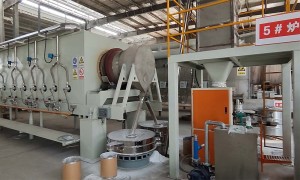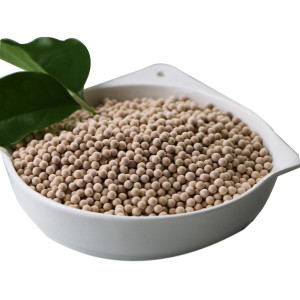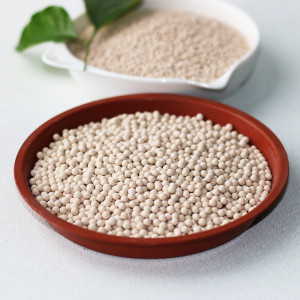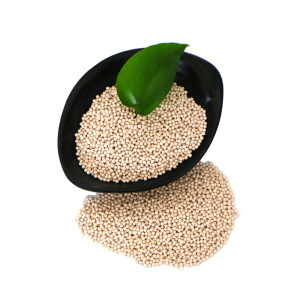Molecular Sieves in Air Purification Systems
The application of molecular sieves in air purification systems provides an effective solution for improving indoor air quality.
Air purification systems are an essential component of modern residential and commercial environments, helping to remove pollutants from the air and improve air quality. Molecular sieves, as a key technology in air purification systems, are valued for their efficient adsorption capabilities. This article will explore the application of molecular sieves in air purification systems and their advantages.
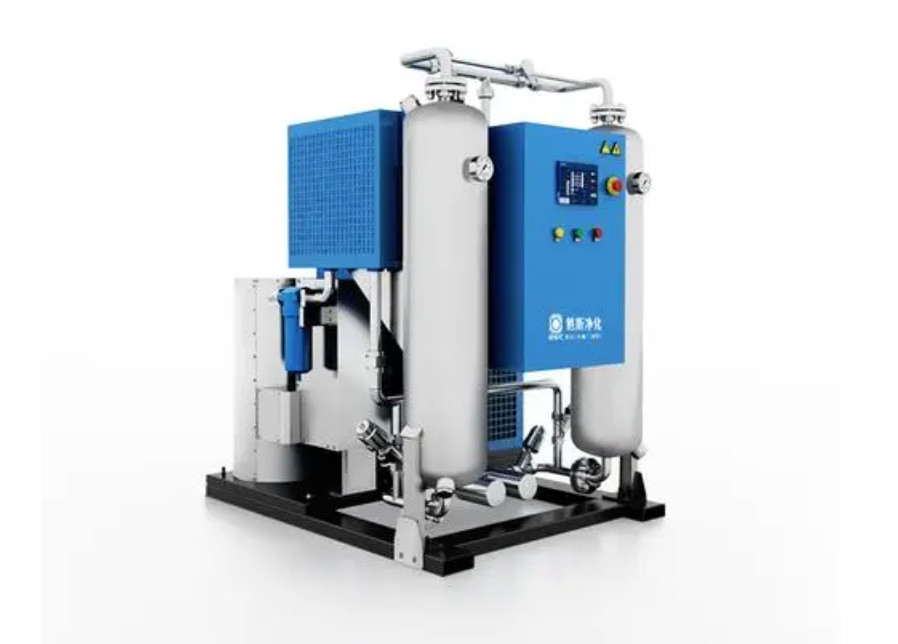
Basic Principle of Molecular Sieves
Molecular sieves are a class of materials with a highly ordered microporous structure that selectively adsorbs gas molecules based on their size and shape. This characteristic makes molecular sieves an ideal choice for removing specific pollutants from the air.
Role of Molecular Sieves in Air Purification Systems
Removal of Harmful Gases: Molecular sieves can adsorb harmful gases in the air, such as formaldehyde, benzene, and VOCs (Volatile Organic Compounds), reducing the impact of these pollutants on human health.
Humidity Control: Molecular sieves have the ability to regulate air humidity, preventing the growth of mold and bacteria, which is crucial for maintaining a healthy indoor environment.
Odors Removal: Molecular sieves can adsorb molecules that cause odors, helping to eliminate unpleasant smells in the air and keep it fresh.
Improved Air Purification Efficiency: When combined with other air purification technologies (such as HEPA filters, activated carbon filters), molecular sieves can enhance the overall efficiency of air purification.
Types and Selection of Molecular Sieves
Common types of molecular sieves used in air purification systems include:
Type 3A Molecular Sieve: Suitable for adsorbing small molecules, such as water vapor and certain harmful gases.
Type 4A Molecular Sieve: With larger pore sizes, suitable for adsorbing larger molecules, such as water molecules and some organic vapors.
Type 5A Molecular Sieve: With stronger adsorption capabilities, suitable for a broader range of applications.
The appropriate type of molecular sieve should be selected based on the specific requirements and target pollutants of the air purification system.
Advantages of Molecular Sieves
Efficiency: Molecular sieves offer high adsorption capacity, capable of quickly removing pollutants from the air.
Durability: Molecular sieves have a long service life, reducing the frequency of replacement.
Regenerability: Used molecular sieves can be regenerated through heating, restoring their adsorption performance.
Environmental Friendliness: Molecular sieves are an eco-friendly material, free of harmful substances.
Conclusion
The application of molecular sieves in air purification systems provides an effective solution for improving indoor air quality. With the growing demand for healthy living environments, molecular sieves will play an increasingly important role in the field of air purification due to their efficiency, durability, and eco-friendliness.
